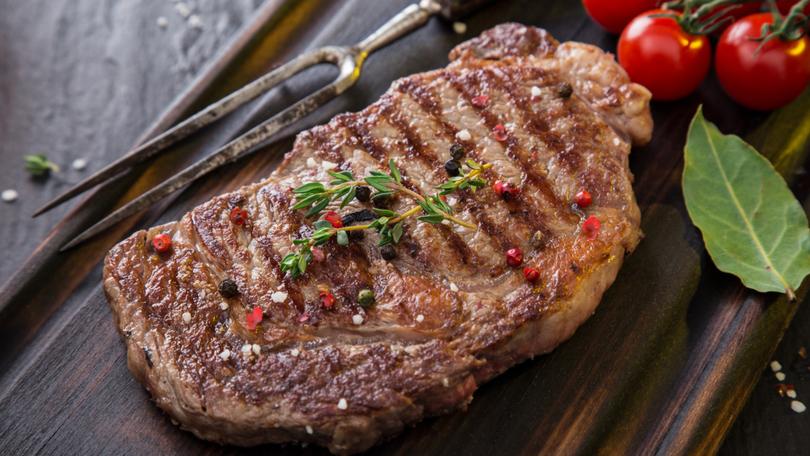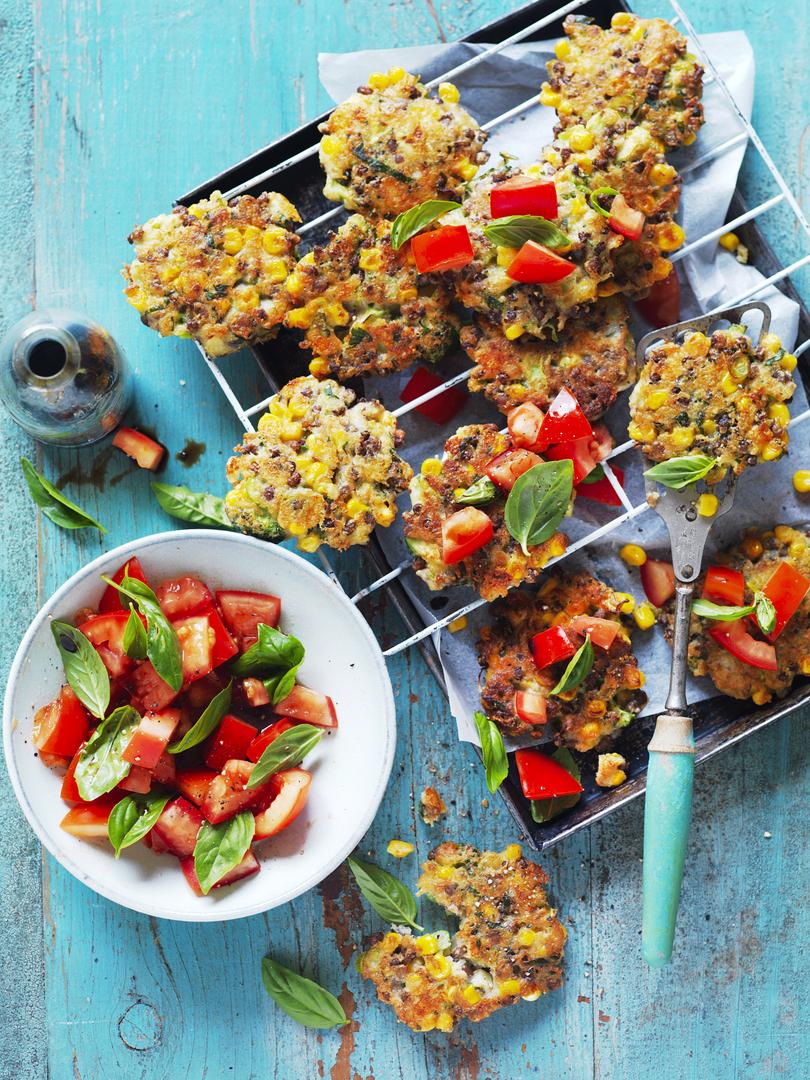SARAH DI LORENZO: How much protein do we really need to be eating?
SARAH DI LORENZO: Protein has recently risen to nutrition fame as the star of the three macronutrients. But do you know how much you really need to be eating?

Protein has recently risen to nutrition fame as the star of the three macronutrients, you only need to take a walk down a supermarket aisle to see how many products advertise their products as high protein or simply containing protein.
Protein is one of three macronutrients, the other two are carbohydrates and fat. Protein’s popularity is because people know protein is good for health as it aids weight loss, helps maintain a healthy weight and most of all helps us feel full.
Other health benefits include building blocks for cells, bones, organs, muscles and hair. As well as satiety, weight loss, creating antibodies for immunity, helping carry oxygen throughout the body, diabetes management, energy when carbohydrate stores are depleted, blood sugar balance, strength and muscle growth, reducing body fat, slowing ageing, digestion, lowering blood pressure, muscle contraction, bone metabolism, stay fit as you age, repair and metabolism. You can see now why people love protein!
Sign up to The Nightly's newsletters.
Get the first look at the digital newspaper, curated daily stories and breaking headlines delivered to your inbox.
By continuing you agree to our Terms and Privacy Policy.There is a myth I want to dispel that a high protein intake harms the kidneys. This is incorrect for people with healthy kidneys. For those with kidney disease though it is correct that restricting protein can benefit them.

So how much protein do need per day? This depends on age, muscle mass, overall health, level of activity and your stage in life. As a general rule about 30 per cent of your daily food should come from protein or around 50 grams per day.
Looking at our individual protein needs is more accurate as we are all different shapes and sizes. For the average adult, you would be looking at 0.8 grams of protein per kg of your own body weight. For pregnant women 1.5g and for bodybuilders up to 2g.
The best sources of protein are chicken, beef, turkey, pork and lamb.
About 100g of chicken meat contains 31g of protein.
Seafood is also excellent at around 23 grams of protein per 100g, one egg contains 7g of protein and dairy products such as milk, yoghurt and cheese are an excellent way to keep your protein levels up.
Snacking on nuts at 30g per day gives you a serving of plant-based protein as does tofu, beans, chickpeas, chia seeds, flax seeds and tempeh.
Other plant-based sources include brown rice, farro, oats, quinoa and whole grains.
Many people struggle to get enough protein because of convenience and having a carbohydrate-heavy diet. Some ideas to keep your protein intake include; snacking on nuts, seeds and boiled eggs; having pantry staples handy such as canned fish, nuts, seeds, nut butters, oats and beans.; and always having yoghurt, hummus, eggs and cheese in the fridge.
Symptoms of having too much protein include nausea, constipation, weight gain, dehydration, diarrhoea, bloating and stomach pain.
For those of us who are 40 and over, I suggest taking the time to really find out what your daily protein intake is. As we age we lose muscle, this is called sarcopenia. We want to avoid muscle loss so adequate protein is a focus and essential.
Protein is vital for our health, like all our macronutrients. A great place to start is to make sure you are getting enough protein and be sure each of your daily meals has a protein source.
Preparation is the key to success, make a meal plan and most of all choose the protein you enjoy.
